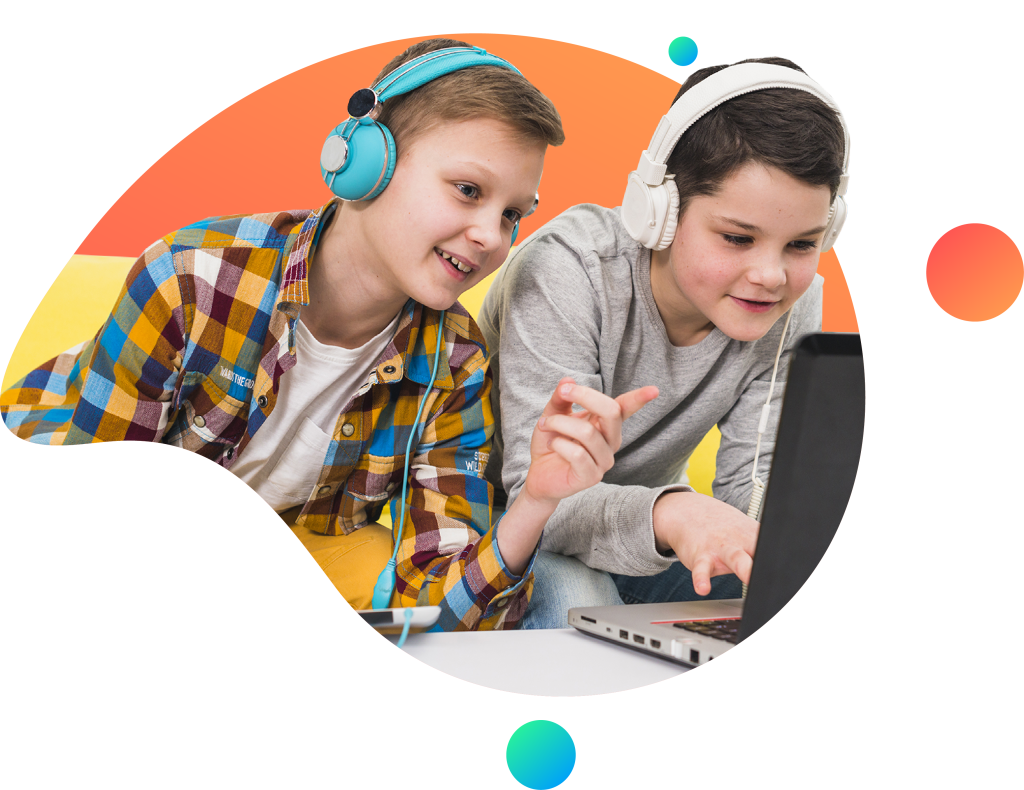AIM4 Quality Education
Discover the Project
AIM4 is an acronym (Artificial Intelligence Methodology For…), but it also refers to the well-known SDG number 4 of the 2030 Agenda: in fact, realizing quality education necessarily passes through the innovation of teaching-learning practices and technologies.
This is especially important given that the 2020 European Commission Digital Education Action Plan consultation found that:
- almost 60% of the respondents had not used distance and online learning before the Covid-19 Pandemic crisis;
- 95% consider that the Covid-19 Pandemic crisis marks a point of no return for how technology is used in education;
- a vast majority of the respondents say that online learning resources and content need to be more relevant, interactive, and easy to use.
The project features a diverse yet very specific partnership, that puts together information technology professionals, teachers, learning designers and… students! The partners behind the Erasmus+ project AIM4 Quality Education are:
AIM4 target groups are teachers and students in early secondary education, from grades 7 to 9 (11 to 14 years old): we believe that this is a crucial point of education, when students move from the general and comprehensive curricula of primary education to the specific requirements of a secondary curricula. Students of this age are expected to broaden their key skills in the areas of decision-making, communication, and critical analysis: this necessarily creates challenges for everybody is involved in the process of fostering broad and balanced educational impacts.
AIM4 will provide teachers with training and professional empowerment to support the embedding of digital approaches (adaptive learning) in the classroom: this process will be a carried out also thanks to this web platform, on which specific e-learning modules will be made available to teachers, thanks to which they can deepen their knowledge of AI and application methodologies in the school environment.
The teachers will then be provided with a new, bespoke and state of-art AI-based adaptive learning module, to roll out across 2 classes per school (grades 7-9); the practice will be observed, the evidence gathered and evaluated, and the entire process will be monitored by visitors to the online platform through gradual and constant updates, in the form of reports and free narratives, both by teachers and by students under their g


We are convinced that AIM4 will help to also develop awareness in students of the ethical and moral dimensions of using AI technologies, investigating issues such as racial bias in automated systems (i.e., facial recognition). For this reason, the project will reserve a dedicated activity, called “digital scrapbooks”, that will encourage the students to record their thoughts and feedbacks (the result of this activity will be available for every visitor of the platform as soon as checked and edited).
The AIM4 project results are expected to break new ground in the ways to innovate classroom teaching methodologies with a well-considered introduction of adaptive learning technologies.











